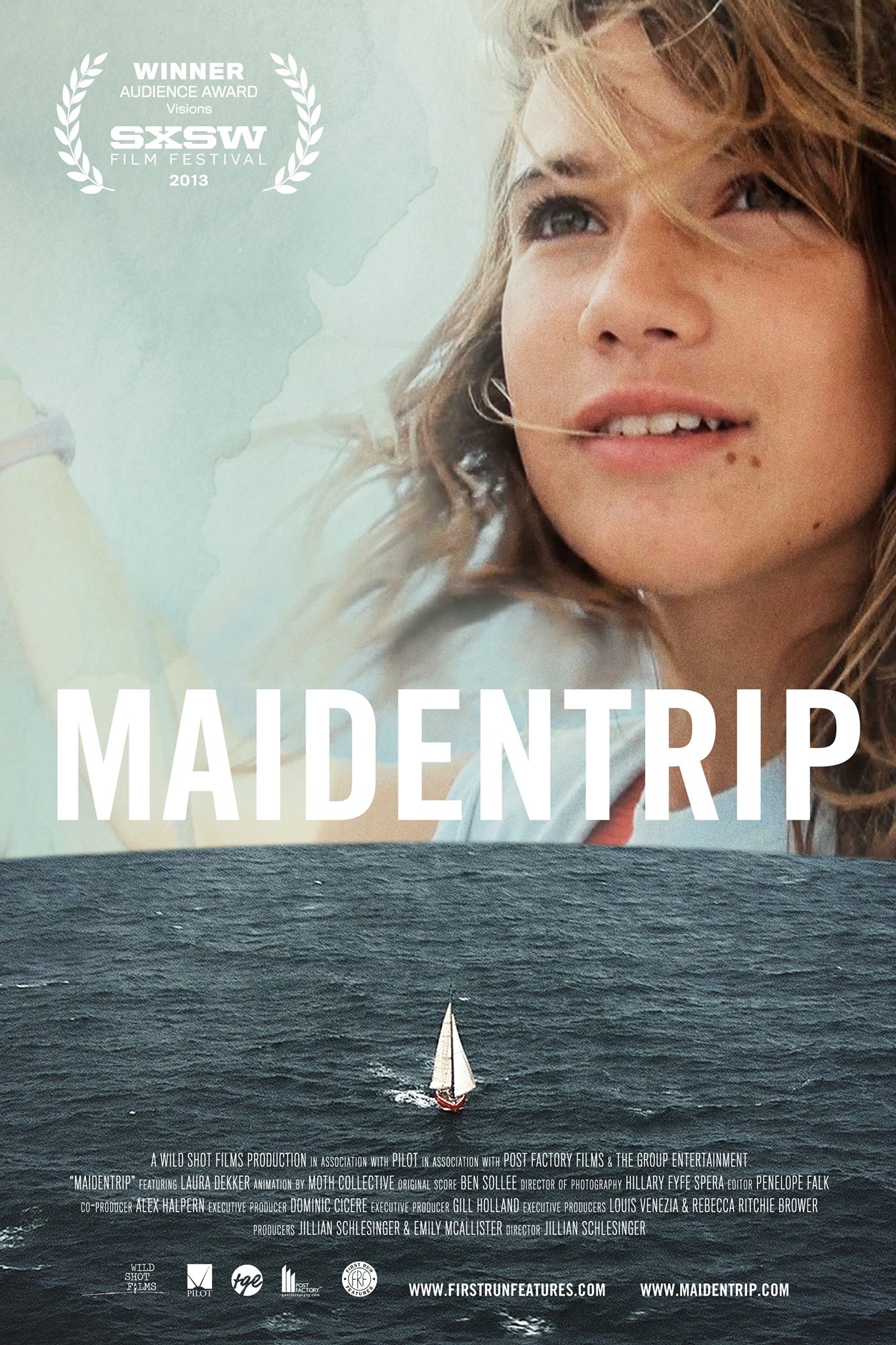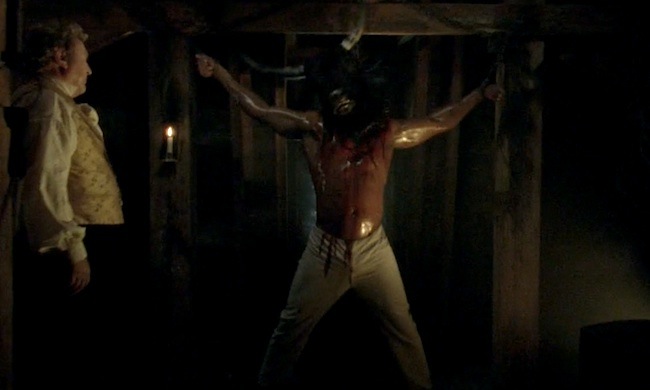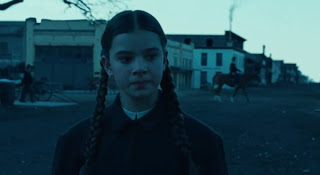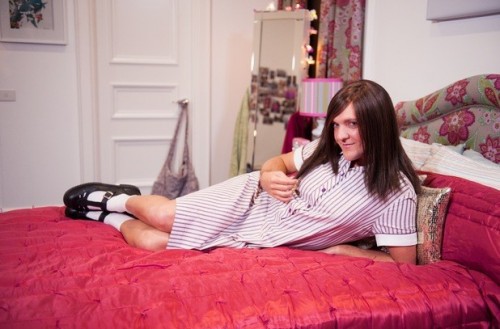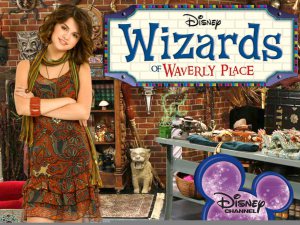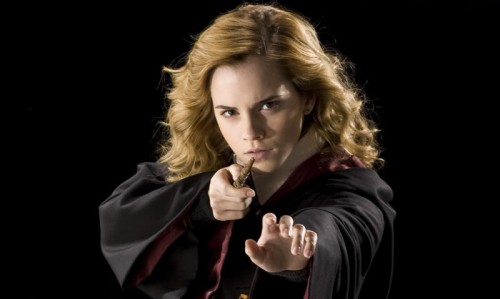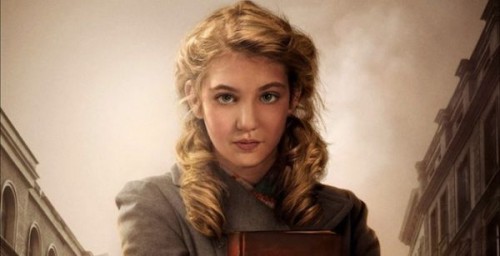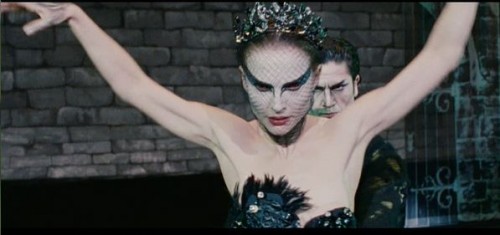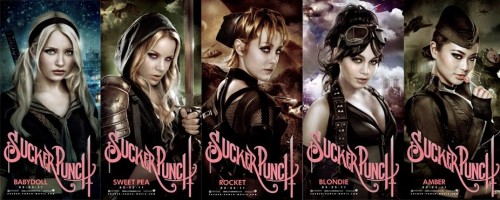Sailing Solo At 16: Laura Dekker’s ‘Maidentrip’
On Aug. 21, 2010, 14-year-old Laura Dekker sailed out of Den Osse, Netherlands for a two-year circumnavigation of the world, alone. By the time she finished her journey, on Jan. 21, 2012, at the age of only 16, Dekker would be the youngest person to ever sail solo around the world. Documentary ‘Maidentrip’ chronicles Laura’s voyage. It’s an emotional coming-of-age story, set as a love letter to the ocean and the transformative experience of encountering a larger world.
